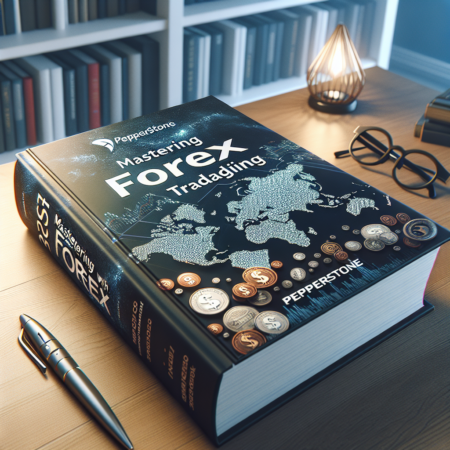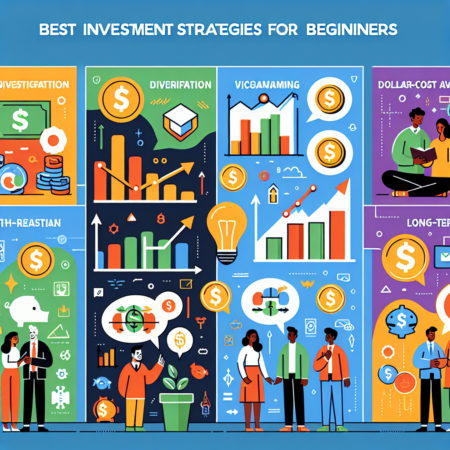Navigating the Brokerage Space: Understanding Market Makers vs. ECN/STP Brokers
Introduction
The financial market is a vast landscape with various players, among them market makers, Electronic Communication Network (ECN), and Straight Through Processing (STP) brokers. To navigate this space effectively, investors must understand the differences between these brokers and the potential risks associated with each.
Market Maker Brokers: A Potential Conflict of Interest?
Market makers are brokers that provide liquidity to the market by both buying and selling securities. However, they profit from the spread, meaning they have a vested interest in their clients trading frequently. This model can sometimes lead to a conflict of interest, particularly with brokers resorting to unscrupulous practices to encourage trading.
Instances have been reported of market makers using aggressive marketing tactics, such as pressuring investors to make decisions that might not be in their best interest. Furthermore, it’s not uncommon for these brokers to use “stage names”, obscuring their true identity and potentially misleading investors.
ECN/STP Brokers: A Safer Alternative?
ECN and STP brokers, on the other hand, offer a different business model. ECN brokers provide a platform where market participants trade against each other by submitting bids and offers into the system. STP brokers, meanwhile, send client orders directly to liquidity providers, such as banks or larger brokers. Both of these models minimize the potential for a conflict of interest since the broker’s profit doesn’t rely on the client’s losses.
The Importance of Regulation
One key factor to consider when choosing a broker is regulation. Regulatory bodies oversee financial markets and brokers to protect investors. A regulated broker is required to adhere to strict standards, which helps reduce the risk of fraud and malpractice. Unfortunately, not all brokers are regulated, leaving their clients vulnerable.
Avoiding the Pitfalls
Knowledge is the best defense against potential scams and conflict of interest situations. Here are a few tips to keep in mind:
- Do your research: Know the broker’s business model and check their regulation status.
- Be cautious of aggressive marketing tactics or pressure to trade.
- If a broker is using a “stage name,” it might be a red flag.
- Remember, if something seems too good to be true, it probably is.
Conclusion
Choosing the right broker is crucial to your success as an investor. By understanding the differences between market makers and ECN/STP brokers, and being aware of the potential pitfalls, you can make a more informed decision and safeguard your investments.
Disclaimer
The information provided in this article is for informational purposes only and should not be construed as financial or investment advice. It is always recommended to conduct thorough research and consult with a professional advisor before making any investment decisions.


















